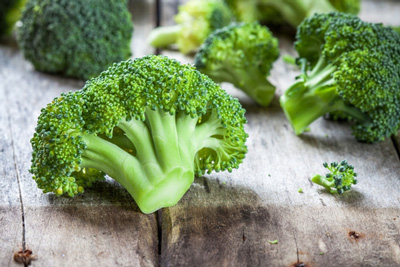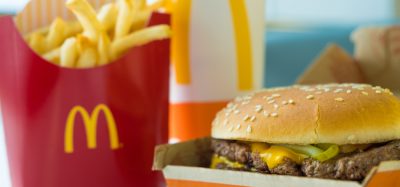Superfood broccoli about to become even more super
- Like
- Digg
- Del
- Tumblr
- VKontakte
- Buffer
- Love This
- Odnoklassniki
- Meneame
- Blogger
- Amazon
- Yahoo Mail
- Gmail
- AOL
- Newsvine
- HackerNews
- Evernote
- MySpace
- Mail.ru
- Viadeo
- Line
- Comments
- Yummly
- SMS
- Viber
- Telegram
- Subscribe
- Skype
- Facebook Messenger
- Kakao
- LiveJournal
- Yammer
- Edgar
- Fintel
- Mix
- Instapaper
- Copy Link
Posted: 23 June 2016 | Victoria White, Digital Content Producer | No comments yet
University of Illinois researchers have identified candidate genes controlling the accumulation of phenolic compounds in broccoli…


University of Illinois researchers have identified candidate genes controlling the accumulation of phenolic compounds in broccoli.


Consumption of phenolic compounds, including certain flavonoids, is associated with a lower risk of coronary heart disease, type II diabetes, asthma, and several types of cancer.
“Phenolic compounds have good antioxidant activity, and there is increasing evidence that this antioxidant activity affects biochemical pathways affiliated with inflammation in mammals. We need inflammation because it’s a response to disease or damage, but it’s also associated with initiation of a number of degenerative diseases. People whose diets consist of a certain level of these compounds will have a lesser risk of contracting these diseases,” explains U of I geneticist Jack Juvik.
Mega-doses of phenolic compounds
The researchers crossed two broccoli lines and tested their progeny in terms of total phenolic content and their ability to neutralise oxygen radicals in cellular assays. They then used a genetic technique called quantitative trait locus analysis to search for the genes involved in generating phenolics in the most promising progeny.
By identifying the genes involved in accumulating these compounds, the researchers are one step closer to breeding broccoli and related Brassica vegetables like kale and cabbage with mega-doses of phenolic compounds.
The good news is that phenolic compounds are flavourless and stable, meaning the vegetables can be cooked without losing health-promoting qualities.
Once these vegetables are consumed, the phenolic compounds are absorbed and targeted to certain areas of the body or concentrated in the liver. Flavonoids spread through the bloodstream, reducing inflammation through their antioxidant activity.
“These are things we can’t make ourselves, so we have to get them from our diets,” Juvik says. “The compounds don’t stick around forever, so we need to eat broccoli or some other Brassica vegetable every three or four days to lower the risk of cancers and other degenerative diseases.”








